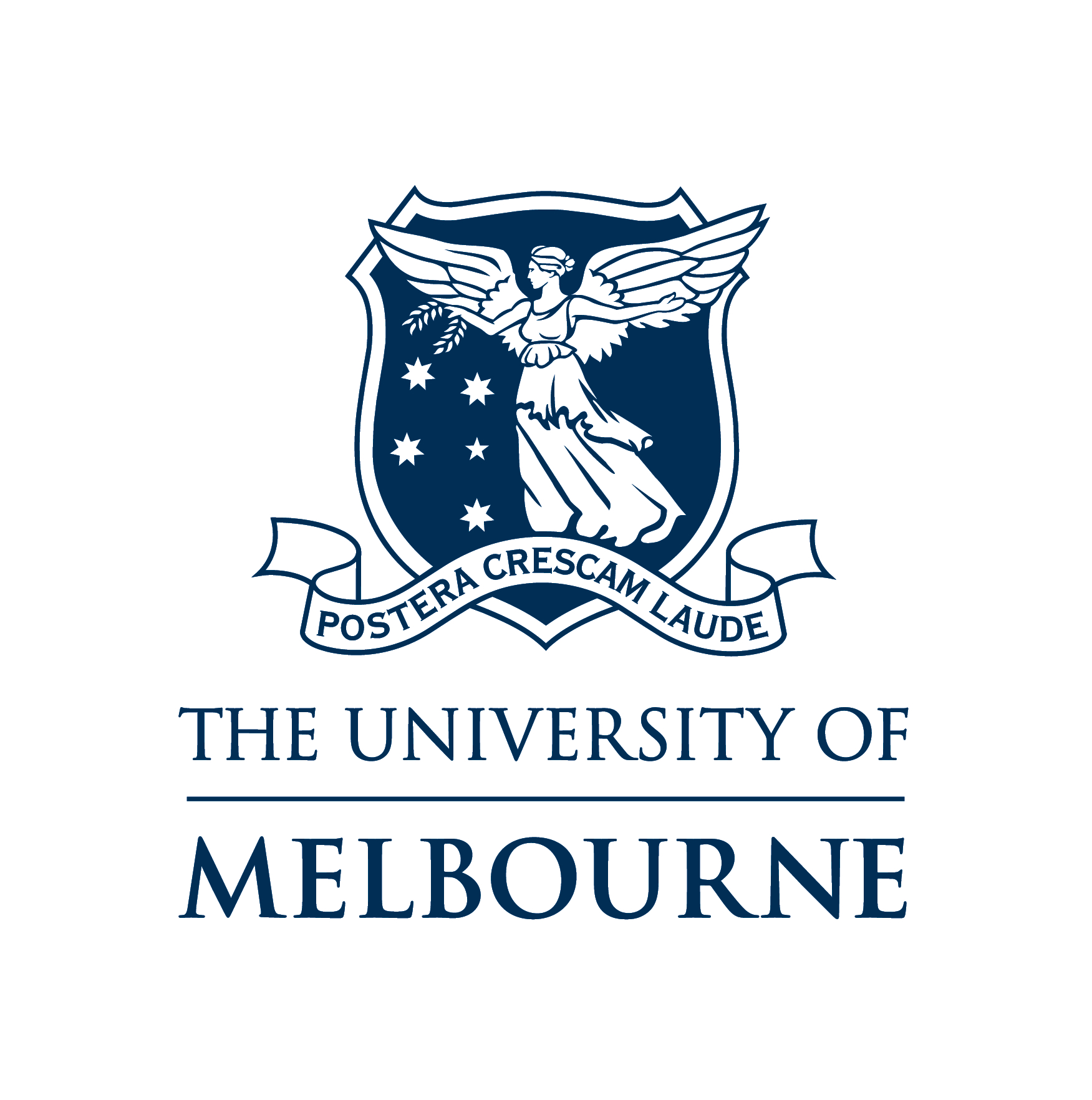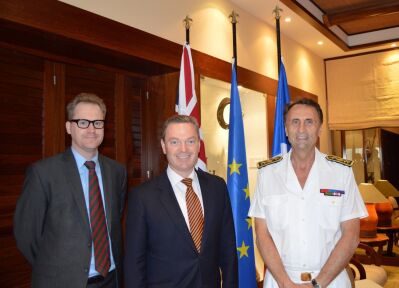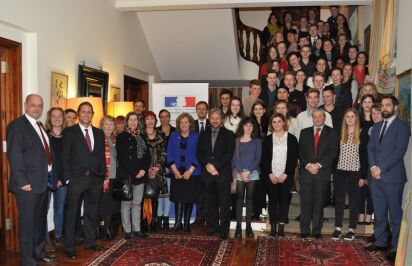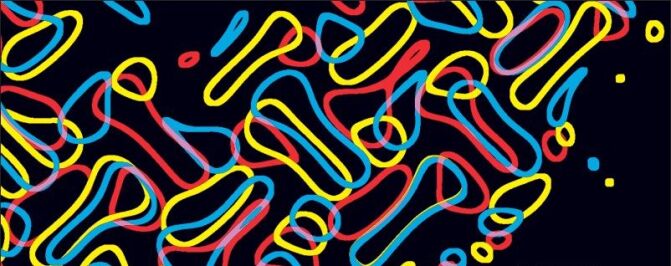 News
News 
French philosophy courses offered at the University of Melbourne
Sartre, Althusser and Godard under the microscope!
The Melbourne School of Continental Philosophy Winter School 2015 features a number of French-focused courses.
All courses are 10 hours in length. Fees apply.
Winter School French-focused programme:
Monday to Friday courses (2 hours per day for 5 days)
Sartre: There Are Only Singular Absolutes
Lecturer: Dr Robert Boncardo
15-19 June: 1am-1pm
This course will be an intensive introduction to the work of Jean-Paul Sartre. Beginning with his pre-phenomenological writings from the 1920's and early 1930's, the course will cover Sartre's early encounter with – and revision of – Husserlian phenomenology, as well as detail his idiosyncratic integration of Heidegger in the early 1940's and of Hegel in Marx in the period 1945-1960. The course will culminate in a systematic presentation of Sartre's most mature philosophical vision, which was given its fullest expression only in the early 1970's. Additionally, we will follow up the many-coloured threads of Sartre's various artistic interventions – on Kafka, the American Novel, cinema, Surrealism and the Nouveau Roman – and political engagements – the Resistance, his post-War attempt at organized politics in the Rassemblement Démocratique Révolutionnaire (RDR), his equivocal support of the Soviet Union, his unequivocal support for processes of decolonization in Indochina, Africa and South America, and his intervention during and after May '68.
The Sartre we will encounter in this course will only distantly resemble the Sartre that circulates in popular consciousness and in the contemporary Anglophone academy. Instead of freezing his philosophy in the form of some easily-digestible slogan like existentialism, each of the five lectures will be built around a key theme – contingency, ego, imagination, alienation, emancipation – and will show how Sartre dealt with them in a constantly evolving and ever-more compelling manner.
Against, then, the fashionable sophistry currently congratulating itself for having surpassed him, this course will show why, as he was for Deleuze, Sartre should today be our teacher.
Althusser's Legacy
Lecturer: Daniel Fairfax
15-19 June: 6-8pm
This course will offer an overview of the work of 20th-century French philosopher Louis Althusser, and the theoretical legacy he has bequeathed since his death in 1990 – notably among his former pupils such as Jacques Rancière, Alain Badiou and Étienne Balibar. From the early 1960s onwards, Althusser played a key role in revitalising French Marxism and resuscitating it from the deadening effects of Stalinist orthodoxy. Notably, this involved – in key collections of texts from this period such as For Marx and Lenin and Philosophy – an attempted rapprochement between Marxist political economy and strands of structuralist and psychoanalytic thinking that were in the ascendancy in the 1960s.
At the same time, Althusser's teaching at the elite École normale supérieure served to ground a generation of radicalising students in Marxist theory, a project culminating in the Reading Capital project (co-authored with Balibar, Rancière, Pierre Macherey and Roger Establet), which sought to give a "symptomatic" reading of Marx's foundational text, using the Freudian notion of overdetermination to explore both its "insights and oversights". Even after the tumultuous events of May 1968, however, Althusser continued to advocate for a strategy of reforming the French Communist Party from within (despite its hostility towards the student protests), and his influential recasting of the concept of ideology in a 1970 article for the communist journal La Pensée was notably interpreted by Rancière as a theoretical justification of this political approach. Continued strained relations with the PCF leadership eventually led to Althusser publicly repudiating the party after the 1978 legislative elections, at the same time as his philosophical writings came to focus on what he would term a "materialism of the encounter" (or "aleatory materialism"). Althusser's public life, however, would come to a scandalous end when in 1980 he strangled his wife Hélène and was confined by the French state to an asylum, an act which functioned as a symbolic point of closure for the period of French militancy with which his thinking was closely associated.
Beginning, in the first session, with an overview of Althusser's life and works, which were controversially discussed by the philosopher himself in the idiosyncratic autobiography The Future Lasts A Long Time, this course will map the contours of his theoretical evolution throughout the 1960s and 1970s. From an exploration of the project to read Marx's Capital, and the concomitant positing of an "epistemological break" between Marx's early and mature writings, the course will shift focus to Althusser's writings on ideology – which, in seeking to distance Marxist theory from an overly mechanical form of economic determinism, devised concepts such as the "Ideological State Apparatus" and "interpellation" – before discussing his work from the late 1970s and early 1980s, in which Machiavelli and Spinoza come to take pre-eminence over Marx and Lenin in the attempt to give shape to his more radically anti-teleological "materialism of the encounter". Finally, the concluding session in the course will focus on Althusser's influence on subsequent generations of French theorists, including Rancière, Jacques Derrida and Badiou, all of whom studied at the ENS. After a long period of repudiation and neglect, stretching from the 1970s to the 2000s, a resuscitation of Althusser's philosophical fortunes in recent years can be detected, which sees his ideas as central to the pressing need to provide theoretical support for the development of radical alternatives to the ideological hegemony of global capitalism.
Sound and Vision: The Cinema of Jean-Luc Godard
Lecturer: Lauren Bliss
24 June, 1 July, 8 July, 15 July, 22 July: 1-4pm (including 90 min screening)
This course will explore the theoretical and epistemological foundations of the work of filmmaker Jean-Luc Godard. It will focus on five key Godardian concepts and techniques to highlight his oeuvre and to ask how his films are agents of, what Gilles Deleuze first called, 'cinematic thinking'. Surveying Godard's work, from its beginnings in the French Nouvelle Vague, through to the collaborations with Jean-Pierre Gorin in the Dziga Vertov Group, and to the later works with his partner Anne-Marie Miéville, this course will focus on: the concept of the image and its reproduction; the theory of cinema as an agent of political emancipation; the position and representation of femininity; the relation of sound to the image; and the black screen. These five concepts and techniques, as they are inherently referential, will be related through close analysis of Godard's own films and writings and through studying a number of key film theorists (in particular the early-film theorist Jean Epstein), influential filmmakers, and typologies.
- Further information available on the Melbourne School of Continental Philosophy Winter School 2015 website.







Comments
Vous devez être connecté pour laisser un commentaire. Log in